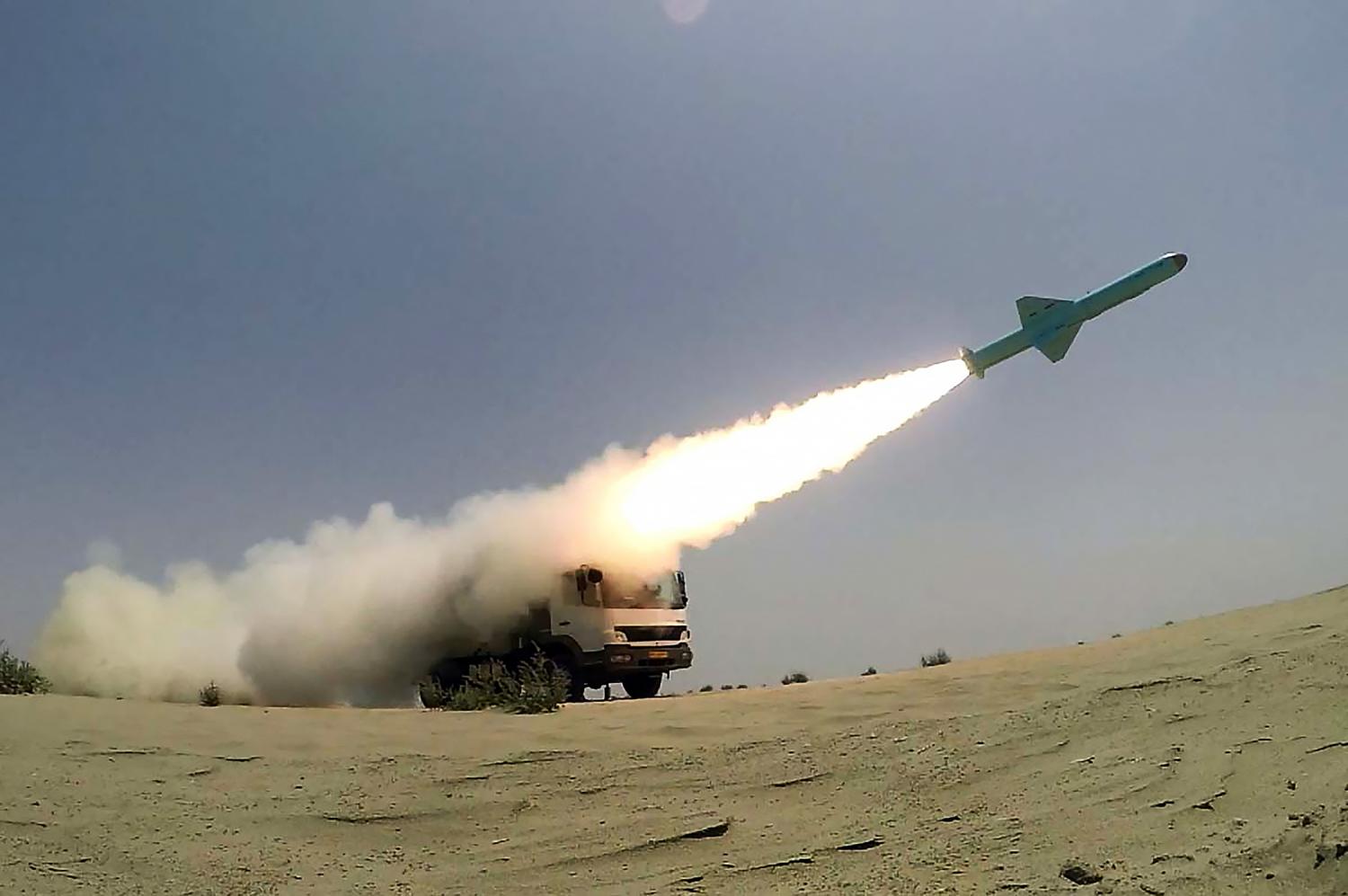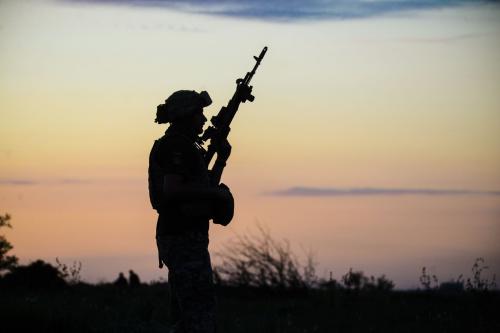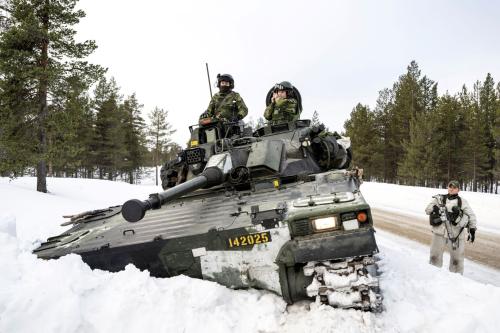The following is a summary of the first session of the Congressional Study Group on Foreign Relations and National Security, a program for congressional staff focused on critically engaging the legal and policy factors that define the role that Congress plays in various aspects of U.S. foreign relations and national security policy.
On Feb. 28, 2020, the Congressional Study Group on Foreign Relations and National Security convened in person in the U.S. Capitol building to discuss the president’s war powers under Article II of the Constitution. As underscored by the U.S. airstrike that killed Iranian military commander Qassem Soleimani, the executive branch maintains that the president has broad authority to use military force overseas without congressional authorization. But what is the actual scope of this authority? And what can Congress do if it is used irresponsibly?
At this session, the study group was joined by two outside experts: Stephen Pomper, the Senior Director for Policy at the International Crisis Group and a former senior official at the National Security Council and State Department; and Professor Rebecca Ingber of the Boston University School of Law, who is also a former State Department attorney. The study group coordinator, Scott R. Anderson of the Brookings Institution, also made some substantive remarks. Prior to the session, the study group was referred to several short pieces of background reading, including:
- A recent policy roundtable on the War Powers Resolution that Pomper co-chaired for the Texas National Security Review (and to which Anderson contributed); and
- Ingber’s recent article “Congressional Administration of Foreign Affairs” in the Virginia Law Review.
In addition, Anderson circulated a handout (download here) providing information on relevant legal authorities, including the scope of authority claimed by the executive branch and relevant statutes like the War Powers Resolution.
Pomper began the conversation by discussing the scope of the president’s war powers and Congress’s effort to regulate them through the 1973 War Powers Resolution. Noting that the executive branch generally maintains that the president has the authority to engage in at least limited warfare without congressional authorization, he identified the War Powers Resolution as the main congressional effort to set limits on this authority, but observed that it had been rendered ineffective by several ambiguities in the law and subsequent executive branch interpretations. He then identified a range of possible statutory changes that might improve the law’s effectiveness, including a clearer definition of hostilities, a narrower definition of emergency circumstances in which the executive branch can use force without congressional authorization, a more limited timeframe for such uses of force, and an appropriations cut-off where the executive branch exceeds these limits.
Ingber went on to identify some other tools in Congress’s toolkit that might be used to regulate the use of presidential war powers. Congress, she noted, has extensive control over the structure of federal agencies and may be able to influence decision-making around war powers issues by creating (or abolishing) offices with relevant areas of responsibility, or adjusting the influence of certain offices through the provision of specific authorities and funding. In particular, Congress can make individual officials responsible for making relevant determinations or certifications or delivering certain products, allowing them to incorporate a greater degree of career civil servant input by making assignments to lower ranking officials while promoting more inter- and intra-agency discussion by making assignments to more senior officials.
Anderson briefly closed with two more technical issues that have posed a problem in the war powers context: INS v. Chadha’s apparent invalidation of the legislative veto and the court’s resistance to adjudicating war powers questions. In place of the legislative veto that was originally built into the War Powers Resolution, he argued, Congress could use sunset provisions and expedited procedures to re-assert some control over war authorizations and other delegations that, post-Chadha, Congress might not be able to reign in unless it can override a presidential veto. On justiciability, he also noted that, while the courts have often declined to reach the merits of war powers cases on mootness, ripeness, and political question doctrine grounds, recent Supreme Court decisions suggest that the courts have an obligation to reach the merits where the president is acting contrary to a clear statutory directive. Hence, Congress may be able to enhance the justiciability of such disputes simply by enacting clearer statutory limits that are not subject to flexible interpretation. In addition, Congress could ensure a plaintiff has the standing necessary to bring suit by creating private causes of action or even empowering itself to bring suit over executive branch actions that are contrary to statute and intrude on its own constitutional authorities.
From there, the study group moved into open discussion. Topics included the shift away from the original role for Congress in war-and-peace decisions envisioned by the Framers; the role played by recent Authorizations for Use of Military Force in expanding presidential control over use of force decisions; and recent debates over the use of expedited procedures associated with the War Powers Resolution in relation to Iran and Yemen.
Visit the Congressional Study Group on Foreign Relations and National Security landing page to access notes and information on other sessions.



